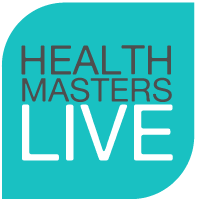Knowledge of sleep and circadian medicine and their role in primary care has advanced rapidly in the last few years. We now know that sleep deprivation and other sleep disorders increase the risk of cancer, diabetes, and mental illness. Circadian disruption can trigger metabolic dysfunction in several ways.
Update your skills in this dynamic class with Dr. Catherine Darley, sleep expert. You will leave with a greater understanding of how to use sleep medicine and circadian principles to advance your patients’ health goals.
Melatonin is an underused medicine. It can be used not only for insomnia but also for tinnitus, headache, endometriosis and many other disorders. This is essential knowledge for clinicians as we strive for the most effective interventions with the least chance of negative side effects. What could be better than using sleep and a circadian lifestyle to treat disease and optimise health?
In a 24/7 world, the “forgotten” eight (or maybe only six!) hours that your patient sleeps has a profound impact on their health and well-being during wake hours. And likewise, whether or not their daily routine is working with, or against, their circadian rhythm is a factor that cannot be overlooked as we strive to treat disease and optimise health.
The top ten most common diseases cost our patients dearly and their treatment costs society dearly too. From heart disease to pain to Alzheimers’ disease, sleep health and disorders contribute to all of them. Come learn about this interplay, and how to treat these disorders.
Circadian rhythm disorders can be overlooked and misdiagnosed as sleep disorders. Yet the underlying aetiology and therefore treatment are quite different. This is especially important as we learn more about the impact the circadian rhythm has on metabolism.
